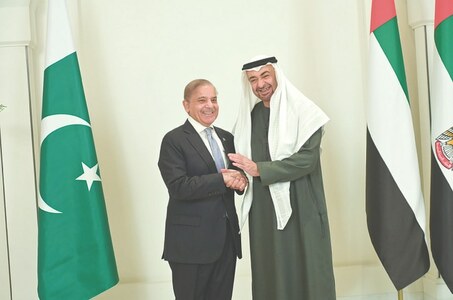ISLAMABAD: Most of the groups on the interior ministry’s 72-strong list of banned organisations belong to remote parts of the country or have a limited geographical sphere of influence.
The recent practice of banning any political or covert group for links with terrorists began in Aug 2001, when former president Pervez Musharraf banned the Lashkar-i-Jhangvi and Sipah-i-Mohammad Pakistan.
The two groups were accused of perpetrating sectarian attacks, but they operated as faceless bodies with a few names attached to them. Following the arrests of a handful of leaders from the two, the authorities began to consider them non-existent entities.
The current list of banned groups has been expanded to include smaller groups operating only in a few areas of Gilgit-Baltistan, Balochistan and even Lyari, Karachi. However, the most prominent are mainstream religo-political parties, such as the SSP and Tehreek-i-Jafaria Pakistan.
However, soon after the SSP was banned in 2002, it renamed itself as Millat-i-Islamia. That too was banned in 2003. Since then, it has continued to work under the banner of Ahle Sunnat Wal Jamaat.
Incidentally, the late SSP leader Azam Tariq was elected to the National Assembly in 2002 and even voted for Mir Zafarullah Khan Jamali after he was named prime minister.
Another group banned at the same time was the TFJ, led by Allama Sajid Naqvi. This group later became the Islami Tehreek, and subsequently turned into the Shia Ulema Council in 2004. Allama Sajid Naqvi is still the leader of the new group. A former head of the Intelligence Bureau pointed out that leaders of banned groups were not barred from making public appearances nor was the public display of their flags banned.
The other key group that used to operate across the country and was banned in 2002 was Lashkar-e-Taiba, the militant wing of the Hafiz Saeed-led Jamaatud Dawa. However, the same people continue to operate under the banner of Falah-i-Insaniyat.
Published in Dawn, January 11th, 2015
On a mobile phone? Get the Dawn Mobile App: Apple Store | Google Play













































Dear visitor, the comments section is undergoing an overhaul and will return soon.